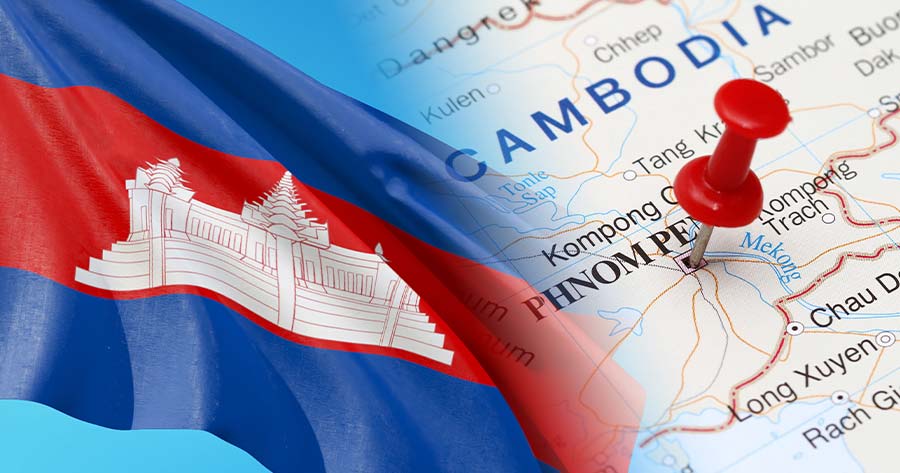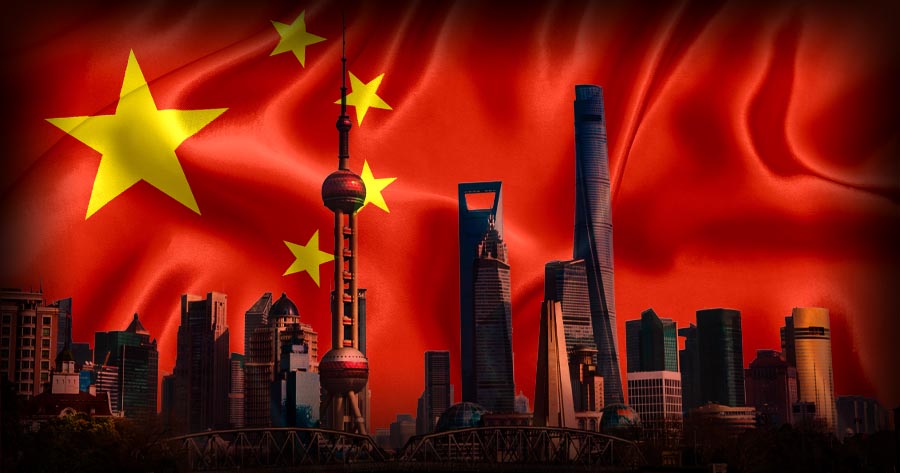Whenever a superpower promises wealth and glory, it should be taken with many grains of salt. To preface this, one may consider what happened to the Suez canal in 1956.
The artificial waterway was developed by a French-Egyptian joint venture in 1854 as a means to shorten maritime travel for commercial ships. Before the Suez canal, Sea merchants must embark on an unforgiving journey around the tip of Africa, namely the Cape of Good Hope. That said, it should be apparent that the decision was made based on financial interests.
Yet, Nasser became the president of Egypt in 1956 with a project to befittingly ‘nationalize’ the Suez canal. In light of such, the Israeli invaded the Sinai peninsula in an attempt to take control of the problematic waterway.
Under the guise of warding off the invading Israeli, Britain and France have also landed in Egypt and tried to take control of the Suez canal, citing a cease-fire order by the United Nations to justify their intervention. When all else failed, The two European powers resorted to bombing Egypt as a last-ditch effort to protect their interests.
Recently, the Cambodian government, under Prime Minister Hun Manet, has proposed to build a USD 1.7-billion “Funan Techo” canal, assisted by the construction powerhouse China, connecting the Mekong river to its only deep-sea port in Sihanoukville, to promote “national prestige” and “territorial integrity,” as well to create a new sea route bypassing Vietnam.
The Mekong river begins in the Tibetan plateau in China, passing five inland ASEAN nations including Myanmar, Laos, Thailand, Cambodia and Vietnam, breathing life into the largest fishery accounting for 15% of all inland catch. Its natural flood cycle also allows Vietnam to utilize the delta as one of Earth’s most productive farmlands.
The river flow is already obstructed by upstream dams in China and Laos, bottlenecking the downstream flow. Experts have warned Vietnam, should the canal be completed, of losing the silt-rich floodwater and, as a consequence, an agricultural advantage.
Regardless, taking a closer look at Sihanoukville itself, it is undeniable that the city has been gradually taken over by Chinese businesses – mainly casio complexes. Presence of the Chinese investment has undoubtedly transformed Sihanoukville into a flourishing destination, but so too came violence and drugs to satiate the visitors. While numerous altercations between the indigenous locals and the Chinese expats have been reported, the Cambodian government preferred to overlook the incident.
China, whose cornerstone lies in the merchant class most renowned since the ancient time, has expressed its business prowess and unabated affection for commerce throughout history. At face value, one may argue that it’s all about the money for the Chinese, made apparent by little to no care given to the environmental or social harm caused upon others in the wake of its prosperity.
Be that as it may, potential damages to the natural flood cycle would be of utmost concern as such damages could bring about even more droughts, further decaying the once nutrient-rich soil on which Vietnamese farmers must depend.





